The Bourbaki Ensemble is a chamber string orchestra based in Newtown, Sydney, Australia. Our main aim is to perform works from the string orchestra repertoire, which, though it includes many masterpieces, is often overlooked in favour of music for full orchestra. We are also committed to programming works by Australian composers, and in twenty years of concerts have performed music by Betty Beath, Diana Blom, Anne Boyd, Colin Brumby, Nigel Butterley, Ric Charlton, Robert Constable, Bill Cotis, Stephen Cronin, Robert Davidson, Derek Davies, Kim d'Espiney, Wayne Dixon, Christine Draeger, Ross Edwards, Andrew Ford, Eugene Goossens, Percy Grainger, Mark Grandison, Michael Grebla, Brooke Green, Maria Grenfell, Andrew Howes, David Keeffe, Frederick Septimus Kelly, Aaron Kenny, Graeme Koehne, Stephen Leek, Georges Lentz, Ella Macens, Raffele Marcellino, Christine McCombe, Richard Meale, Mark Oliveiro, George Palmer, Richard Percival, Alex Pozniak, Edward Primrose, Warwick Pulley, Daniel Rojas, Luis Saglie, Andrew Schultz, Peter Sculthorpe, Johanna Selleck, Colin Spiers, David Stanhope, Paul Stanhope, Carl St.Jacques, Margaret Sutherland, Greg van der Struik, Phillip Wilcher, Christopher Willcock, Richard Willgoss and Chris Williams.
The name…? Don't ask! If you really want to know where it came from, read some of our concert programmes by clicking on the links further down. Be warned, however,… while the concert information in these programmes is apposite and entertaining, the information about the "Bourbaki" name ranges from misleading to totally false.
The Bourbaki Ensemble was founded in early 2001, and since then has been conducted by David Angell. Most of our concerts so far have been given either in St. Stephen's Church, Newtown or at Newtown High School of the Performing Arts. Additional concerts have been presented at Christ Church St. Laurence, the Garrison Church in The Rocks, Macquarie University, Camden Uniting Church and Hunter Baillie Memorial Presbyterian Church. Our regular venues are located just a couple of minutes' walk from King St, an ideal venue for coffee or a meal either before or after the performance (or both!)
To ensure that you always have the latest information about the Bourbaki Ensemble, join our mailing list by sending your email address to David Angell. Those on our mailing list are also sometimes eligible for special prices on tickets or other offers!
David Angell has also been the conductor of Orchestra 143, a classical chamber orchestra based in Turramurra. Orchestra 143 was dedicated to the performance of works composed in the 143 years from 1685 to 1828, a period spanning the lives of J.S.Bach and Franz Schubert and including many other composers, both the familiar and the lesser-known.
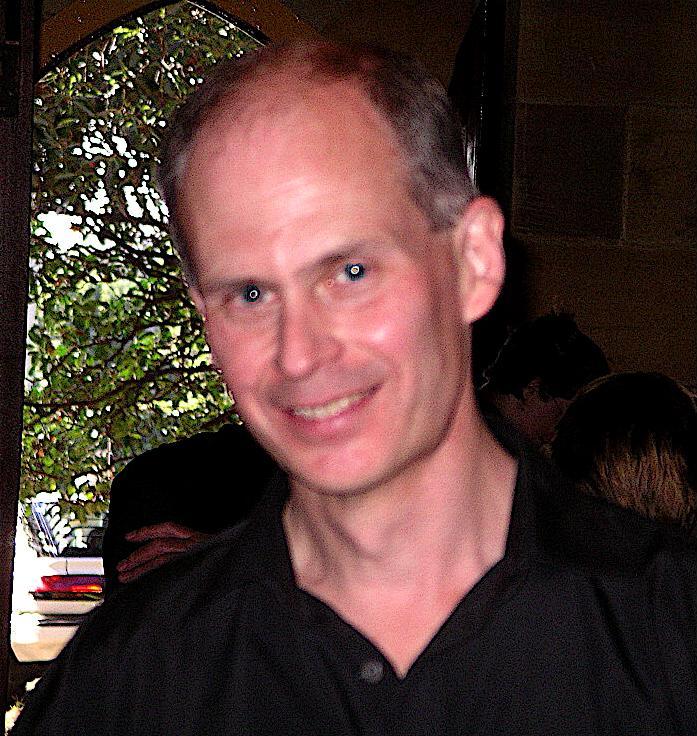


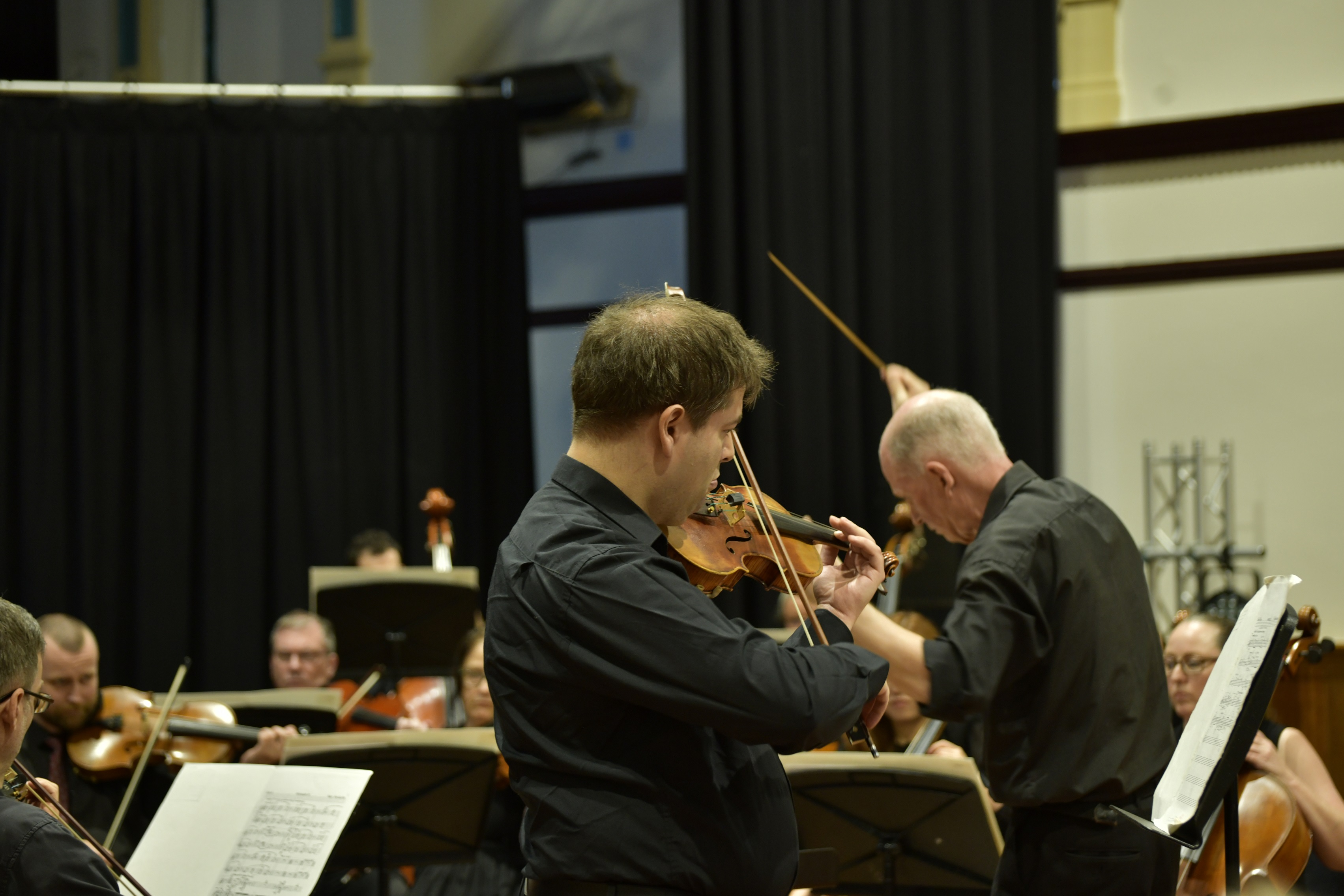
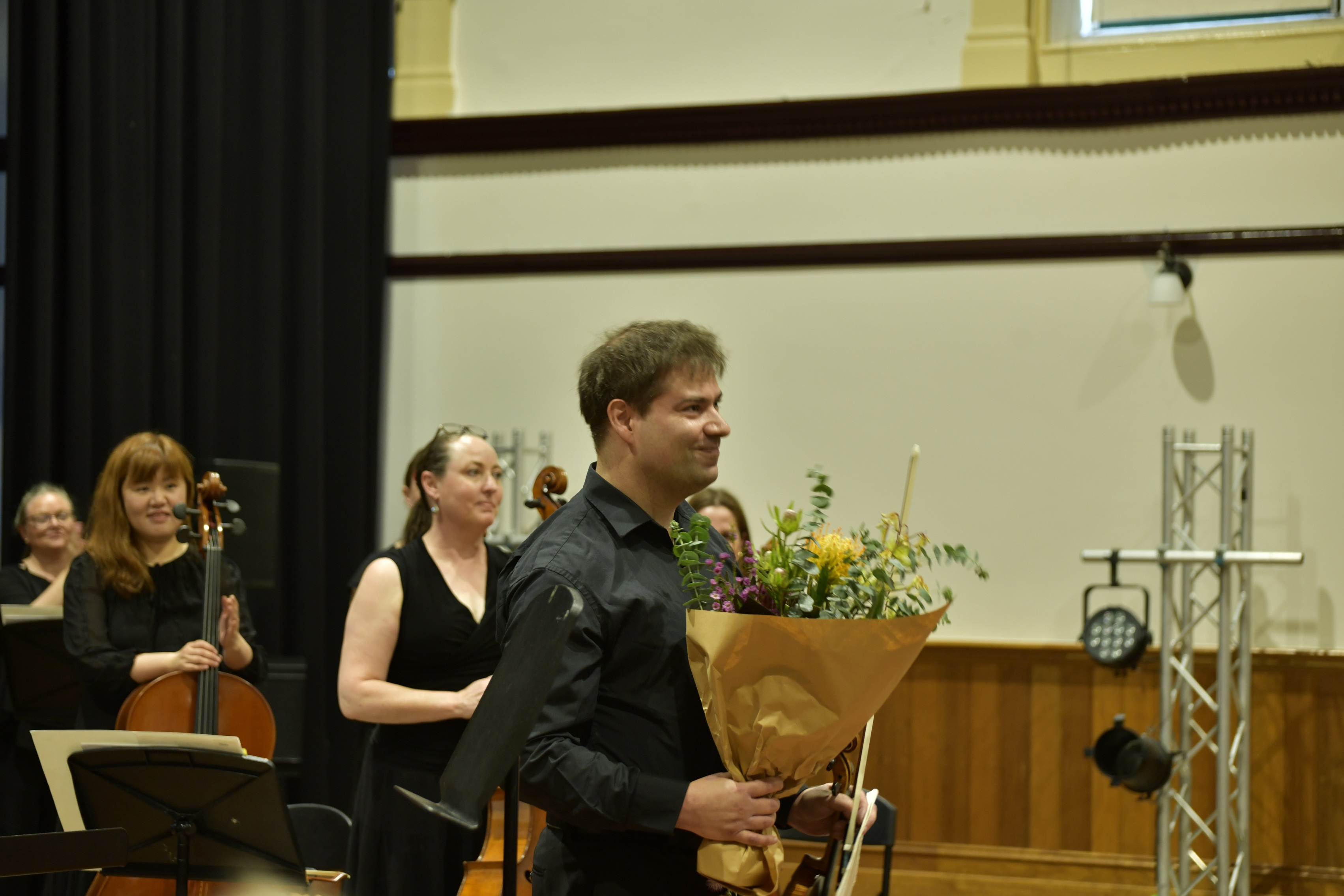
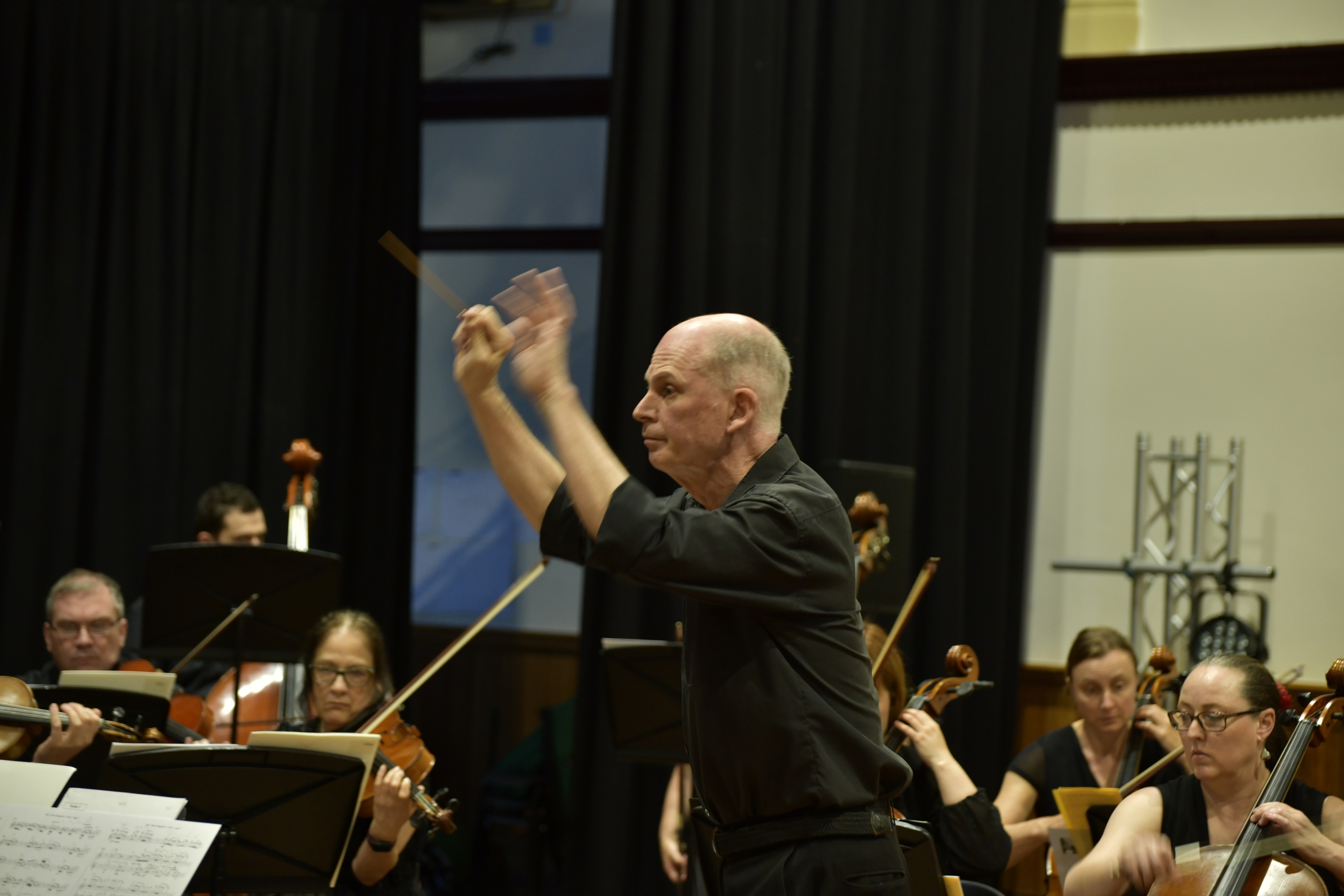














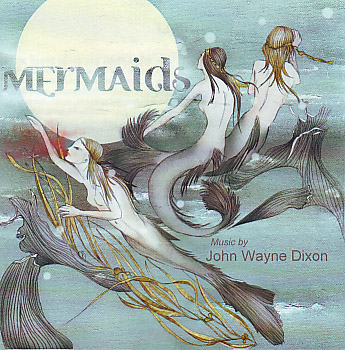
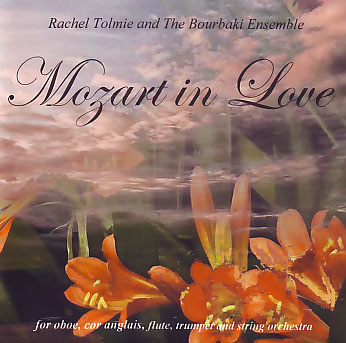

 Concert 36, songs from south and north, June 2014. Yet another Bourbaki world premiere performance! Wayne Dixon's settings of Verlaine are contrasted with string music from England and Scandinavia.
Concert 36, songs from south and north, June 2014. Yet another Bourbaki world premiere performance! Wayne Dixon's settings of Verlaine are contrasted with string music from England and Scandinavia.
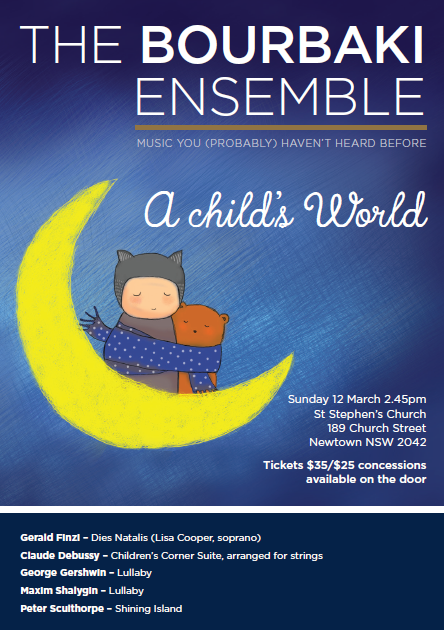 Concert 42, a child's world, March 2017. A concert featuring Gerald Finzi's radiant and wondrous setting of words by Thomas Traherne, describing the world through the eyes of a young child, and Debussy's entertainment for his beloved daughter Chouchou, presented in a new arrangement by David Angell. There are also two lullabies, and Peter Sculthorpe's tribute to his late friend Henryk Górecki.
Concert 42, a child's world, March 2017. A concert featuring Gerald Finzi's radiant and wondrous setting of words by Thomas Traherne, describing the world through the eyes of a young child, and Debussy's entertainment for his beloved daughter Chouchou, presented in a new arrangement by David Angell. There are also two lullabies, and Peter Sculthorpe's tribute to his late friend Henryk Górecki.
 Concert 44, light and dark, April 2018. Dark memorial pieces by Berkeley and Lutosławski; the introduction to Bernard Herrmann's famous, even notorious, film score; and brighter pieces from Irish and Australian composers. Also Greg van der Struik's recently written trombone concerto.
Concert 44, light and dark, April 2018. Dark memorial pieces by Berkeley and Lutosławski; the introduction to Bernard Herrmann's famous, even notorious, film score; and brighter pieces from Irish and Australian composers. Also Greg van der Struik's recently written trombone concerto.
 Concert 46, recomposed, November 2018. Max Richter's much performed "recomposition" of Vivaldi's Four Seasons – not an attempt at "modernising" that celebrated set of violin concertos, but rather a work which uses them as a springboard for Richter's own compositional inventiveness. Peter Sculthorpe's Night Song for string orchestra, a version of part of Sculthorpe's 1970 Love 200. New York composer and guitarist Bryce Dessner's tribute to Lutosławski.
Concert 46, recomposed, November 2018. Max Richter's much performed "recomposition" of Vivaldi's Four Seasons – not an attempt at "modernising" that celebrated set of violin concertos, but rather a work which uses them as a springboard for Richter's own compositional inventiveness. Peter Sculthorpe's Night Song for string orchestra, a version of part of Sculthorpe's 1970 Love 200. New York composer and guitarist Bryce Dessner's tribute to Lutosławski.




 It expresses the joy and sorrow inherent in the sometimes fleeting beauty of the natural world. Nigel, a good friend of the Bourbaki Ensemble,
sadly passed away in early 2022 after a lengthy illness, and we are proud to have been able to perform this magical work in his memory. British composer Ruth Gipps's Cringlemire Gardens, a depiction of a site in the Lake District, sometimes evokes the style of her teacher Ralph Vaughan Williams.
It expresses the joy and sorrow inherent in the sometimes fleeting beauty of the natural world. Nigel, a good friend of the Bourbaki Ensemble,
sadly passed away in early 2022 after a lengthy illness, and we are proud to have been able to perform this magical work in his memory. British composer Ruth Gipps's Cringlemire Gardens, a depiction of a site in the Lake District, sometimes evokes the style of her teacher Ralph Vaughan Williams.
 commissioned by the "King of Swing" Benny Goodman and performed in our concert by outstanding soloist Jason Xanthoudakis in his third performance with the Bourbaki Ensemble.
One of the best known pieces by Argentinian Astor Piazzolla, and the premiere of Modern Tango by Sydney composer and pianist Diana Blom. Our concert concludes with one of the favourite works in the whole string orchestra repertoire, Tchaikovsky's ebullient Serenade.
commissioned by the "King of Swing" Benny Goodman and performed in our concert by outstanding soloist Jason Xanthoudakis in his third performance with the Bourbaki Ensemble.
One of the best known pieces by Argentinian Astor Piazzolla, and the premiere of Modern Tango by Sydney composer and pianist Diana Blom. Our concert concludes with one of the favourite works in the whole string orchestra repertoire, Tchaikovsky's ebullient Serenade.
 upon other areas of musical history or repertoire. William Alwyn's Concerto Grosso takes a baroque form and reimagines it for the 20th century, while the Silvestrov and Bryars compositions engage with fragmentary scribbles from the nineteenth century. Australian composer Ella Macens traces the origins of Superimposition back to her first hearing of seminal late twentieth century works by Arvo Pärt and Henryk Górecki.
upon other areas of musical history or repertoire. William Alwyn's Concerto Grosso takes a baroque form and reimagines it for the 20th century, while the Silvestrov and Bryars compositions engage with fragmentary scribbles from the nineteenth century. Australian composer Ella Macens traces the origins of Superimposition back to her first hearing of seminal late twentieth century works by Arvo Pärt and Henryk Górecki.
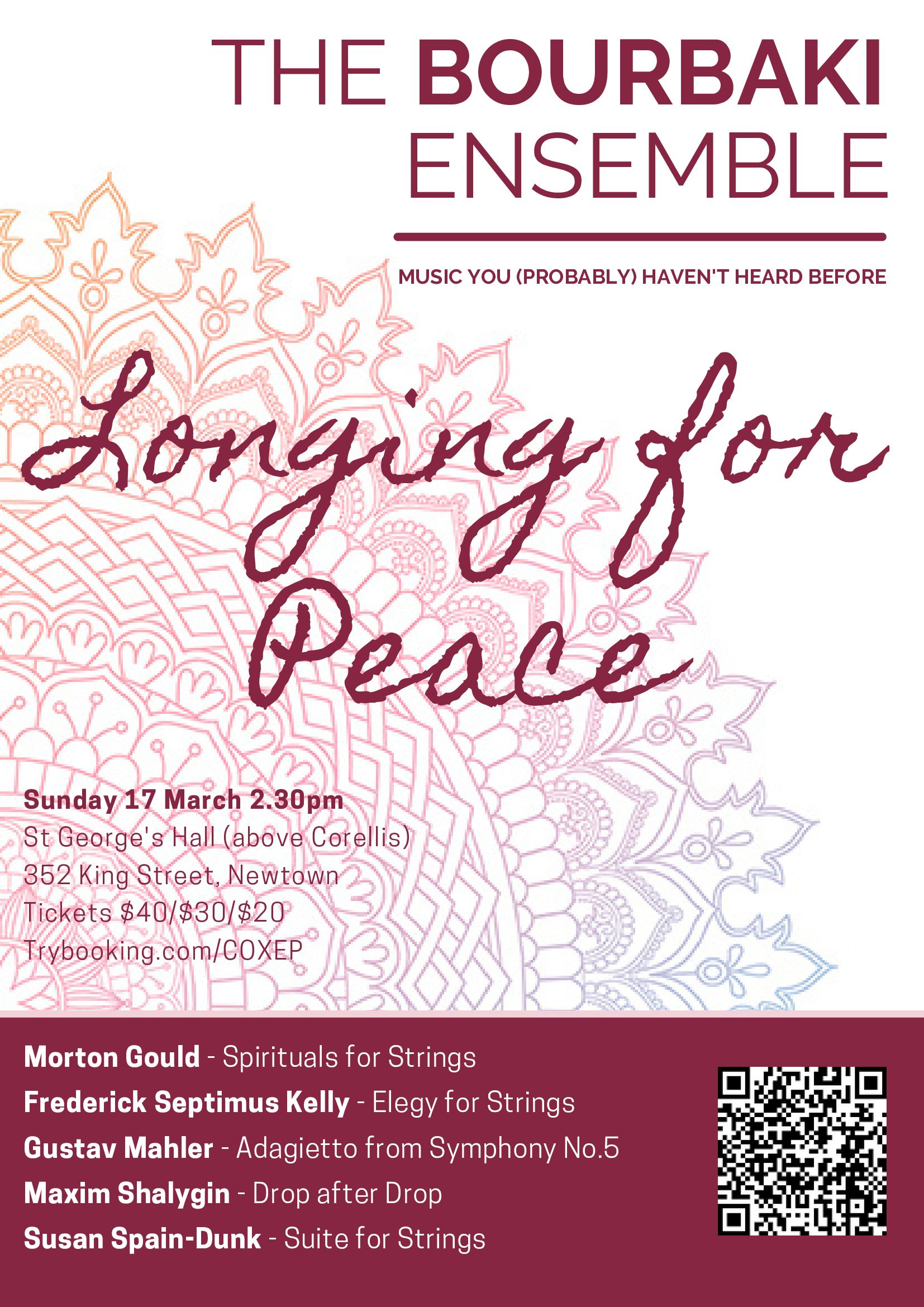
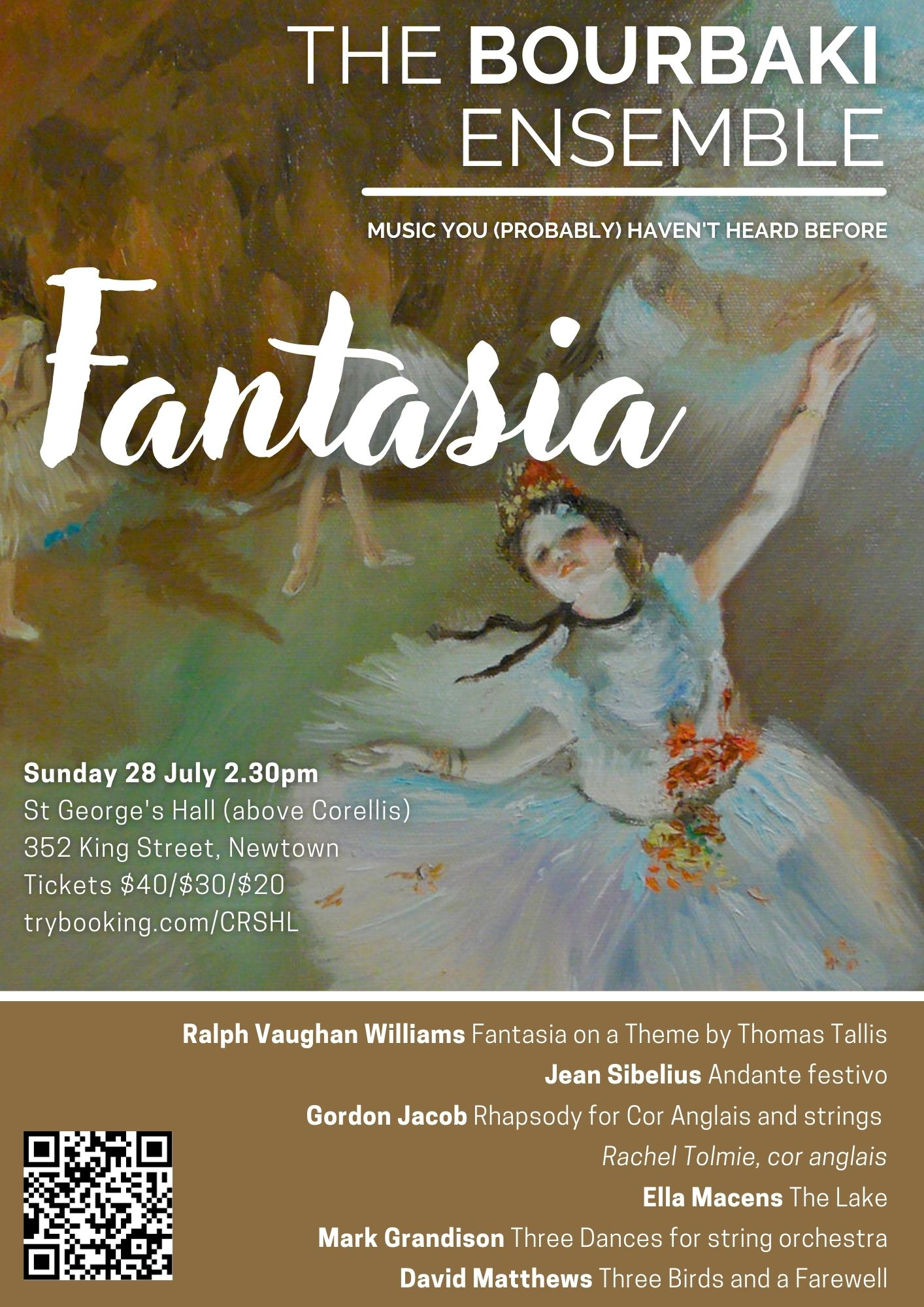
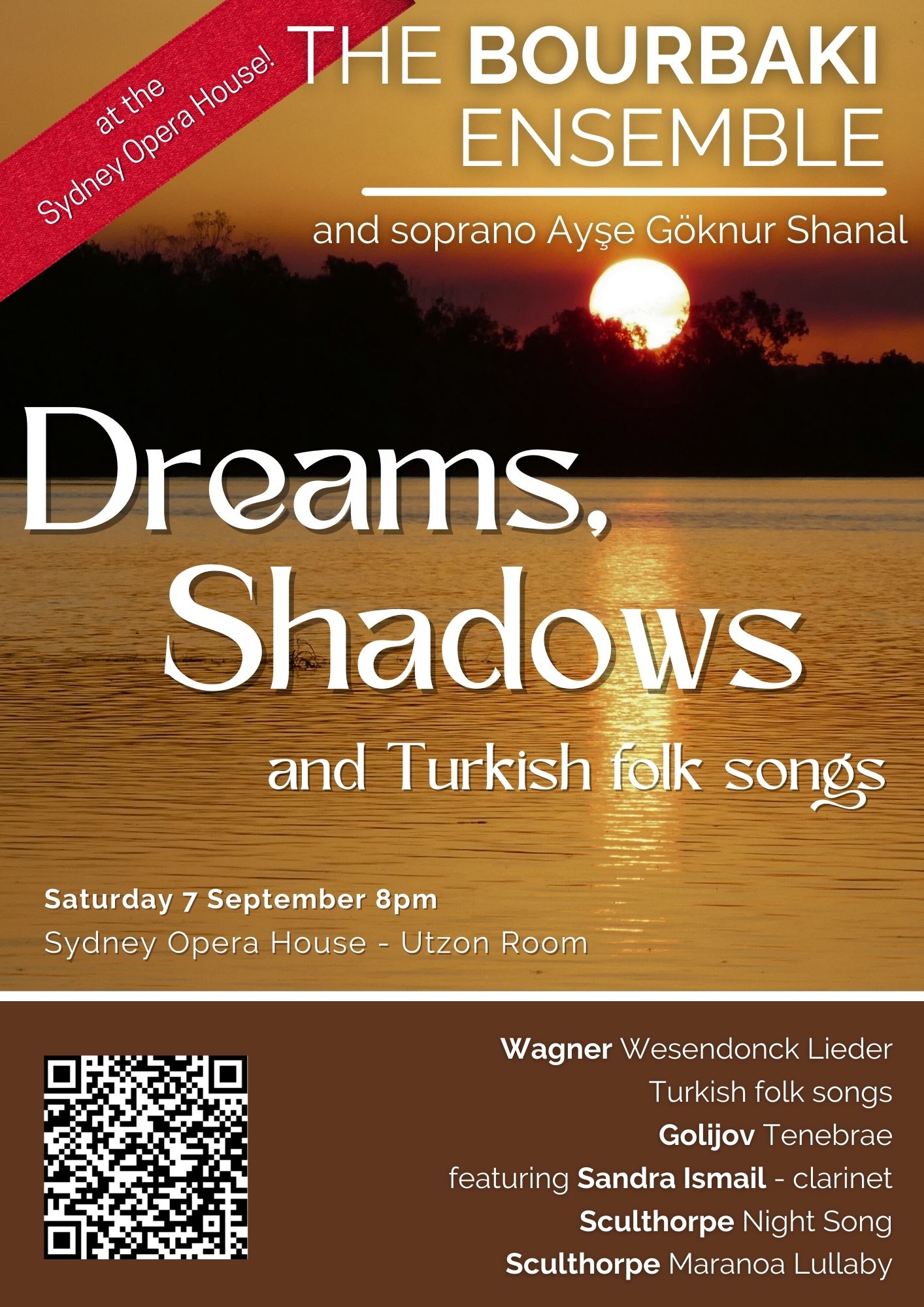 The Bourbaki Ensemble joins soprano Ayşe Göknur Shanal in the Utzon Room of the Opera House. Repertoire based upon dreams (Träume) from Wagner; shadows (Tenebrae) from Argentinian/American composer Osvaldo Golijov; further nightscapes from Peter Sculthorpe. And as an encore, a brighter tomorrow as set by Richard Strauss.
The Bourbaki Ensemble joins soprano Ayşe Göknur Shanal in the Utzon Room of the Opera House. Repertoire based upon dreams (Träume) from Wagner; shadows (Tenebrae) from Argentinian/American composer Osvaldo Golijov; further nightscapes from Peter Sculthorpe. And as an encore, a brighter tomorrow as set by Richard Strauss.
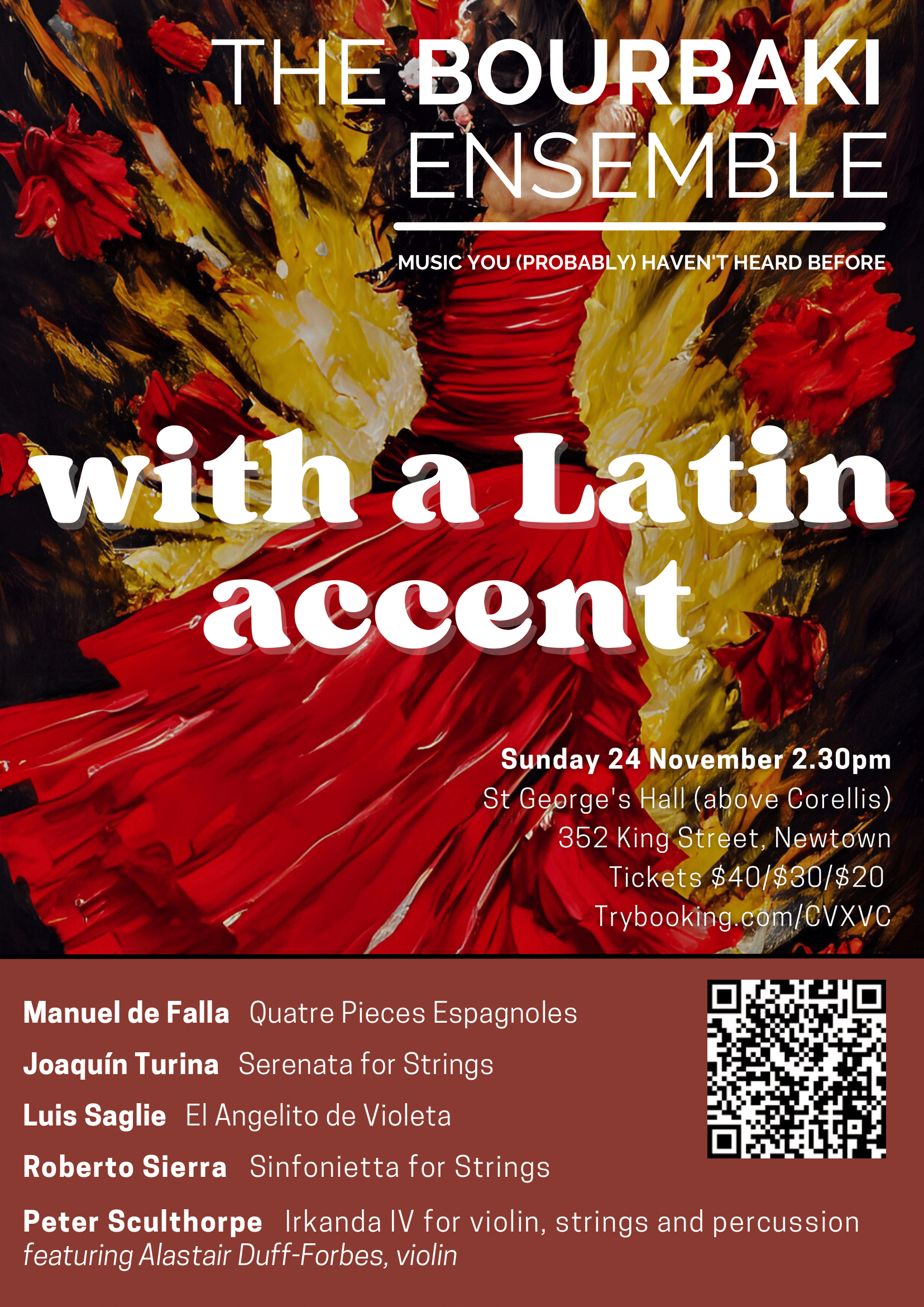 Music from Spain and Latin America… and Australia of course. Never heard Puerto Rican string orchestra music before? A good reason to come to Bourbaki concerts! An extra item added to the programme was Barber's Adagio, performed in memory of long-time Bourbaki Ensemble member Richard Willgoss.
Music from Spain and Latin America… and Australia of course. Never heard Puerto Rican string orchestra music before? A good reason to come to Bourbaki concerts! An extra item added to the programme was Barber's Adagio, performed in memory of long-time Bourbaki Ensemble member Richard Willgoss.